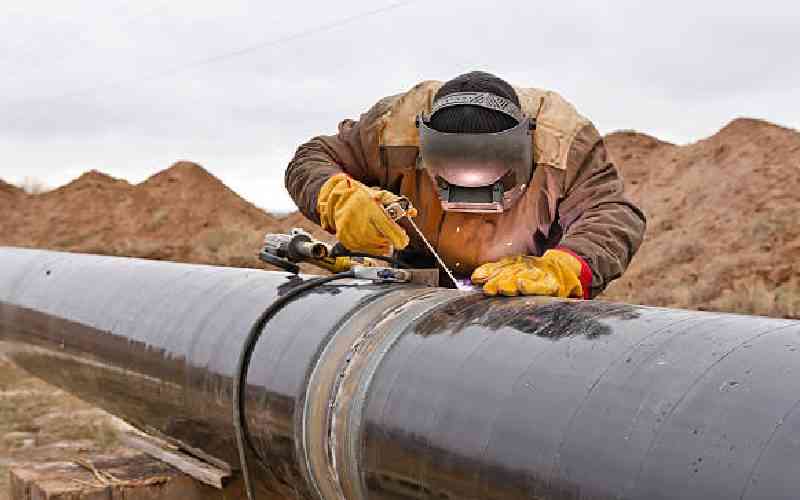
Lake Victoria is in grave danger as Uganda’s heated oil pipeline project inches closer to a start. Up to 6.5 billion barrels of oil reserves have been discovered in the Lake Albert basin on the border between Uganda and the Democratic Republic of Congo.
Of these, at least 1.7 billion barrels are projected to be recoverable, and commercially viable. As a result, a plan to construct a 1,443km long heated pipeline to transport the oil from the Tilenga and Kingfisher fields on the shores of Lake Albert in Uganda, to the port of Tanga on the Indian Ocean coast in Tanzania, are underway.